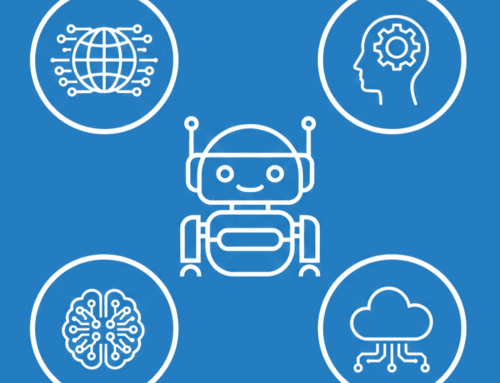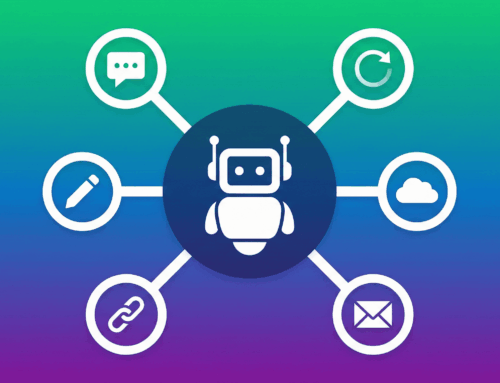Anthropic has released Claude Opus 4.5, a big step forward for AI systems. It’s more than a small update. This model is built for complex tasks like coding, building agents, and using applications. Early testers say it “gets it,” handling ambiguity and tough reasoning with ease.
It also shines in everyday work like deep research, slides, and spreadsheets. One test showed its creativity with a tricky airline ticket. Instead of stopping, it upgraded the ticket first, then changed the flight. That smart move surprised even the benchmark designers.
This guide will explain the tools and features behind such problem‑solving. You’ll see how they make Claude a stronger, more practical assistant for real work.
New Tools for Developers
These updates are for anyone building applications and automated systems with the Claude API, offering unprecedented control and reliability.
Fine-Tuning Performance with the ‘Effort’ Parameter
The new ‘effort’ parameter is a control that lets you balance the model’s speed and cost against its thinking power. This level of control is a game-changer for managing production costs without sacrificing quality, allowing you to tell Claude exactly how hard it should “think” about a problem.
| Your Goal | The Result with Opus 4.5 |
| A fast, low-cost result | Setting a medium effort level matches the quality of older models but uses 76% fewer tokens, making it far more efficient. |
| The most powerful result | Setting the highest effort level delivers better performance than older models and still uses 48% fewer tokens. |
This remarkable efficiency is why Opus 4.5 surpasses internal coding benchmarks while cutting token usage in half, giving you frontier performance at a more accessible cost.
Building More Complex Agents
Claude Opus 4.5 features dramatically improved context management and memory, allowing it to excel at long-horizon, autonomous tasks. It can now handle complex, multi-step workflows with fewer dead ends, staying on track without human intervention. The impact is substantial, with customers reporting 50% to 75% reductions in both tool calling errors and build/lint errors.
This reliability extends to managing a “team of subagents,” making it possible to build sophisticated, well-coordinated multi-agent systems that work together to solve a problem.
Beyond the developer tools, there are also exciting new features for everyone using the Claude apps.
Upgrades for Your Everyday Claude Apps
These updates bring Opus 4.5’s intelligence directly into the Claude apps you use daily, including Claude Code and the main chat interface.
A Smarter Claude Code
The Claude Code application has received two major upgrades to improve how it helps with programming tasks.
- Better Planning: “Plan Mode” now builds more precise plans and executes more thoroughly. Before starting a task, Claude asks clarifying questions to ensure it understand the goal, then creates an editable plan.md file for you to review before it begins working.
- New Desktop App: Claude Code is now available as a desktop app, allowing you to run multiple coding sessions at the same time. For example, you could have one agent fixing bugs in a local file while another researches a solution on GitHub.
Keep Your Conversations Going
When you have a very long conversation in the main Claude app, you no longer need to worry about it “hitting a wall.” Claude now automatically summarizes earlier parts of the chat as needed, which allows you to keep the conversation going without losing context.
Using Claude in More Places
You can now access Claude’s powerful capabilities in more of the applications you use every day.
- Claude for Chrome: This is now available for all Max users and allows Claude to help you with tasks directly across your browser tabs.
- Claude for Excel: Beta access has been expanded, making it available to all Max, Team, and Enterprise users to help with spreadsheet tasks.
All of these updates work together to make the new Claude more helpful and accessible.
What This Means for You
Ultimately, the Claude Opus 4.5 update is more than a smarter model; it’s a preview of larger changes to how work gets done. The new tools don’t just give you more control over performance; they enable a new class of more reliable, long-running autonomous agents that were previously out of reach.
By integrating this power directly into applications like Claude Code and Excel, these advancements are poised to reshape complex fields like software engineering. This is a clear step forward in what AI systems can do, making Claude a more powerful and practical partner for tackling your most ambitious projects.








Leave A Comment